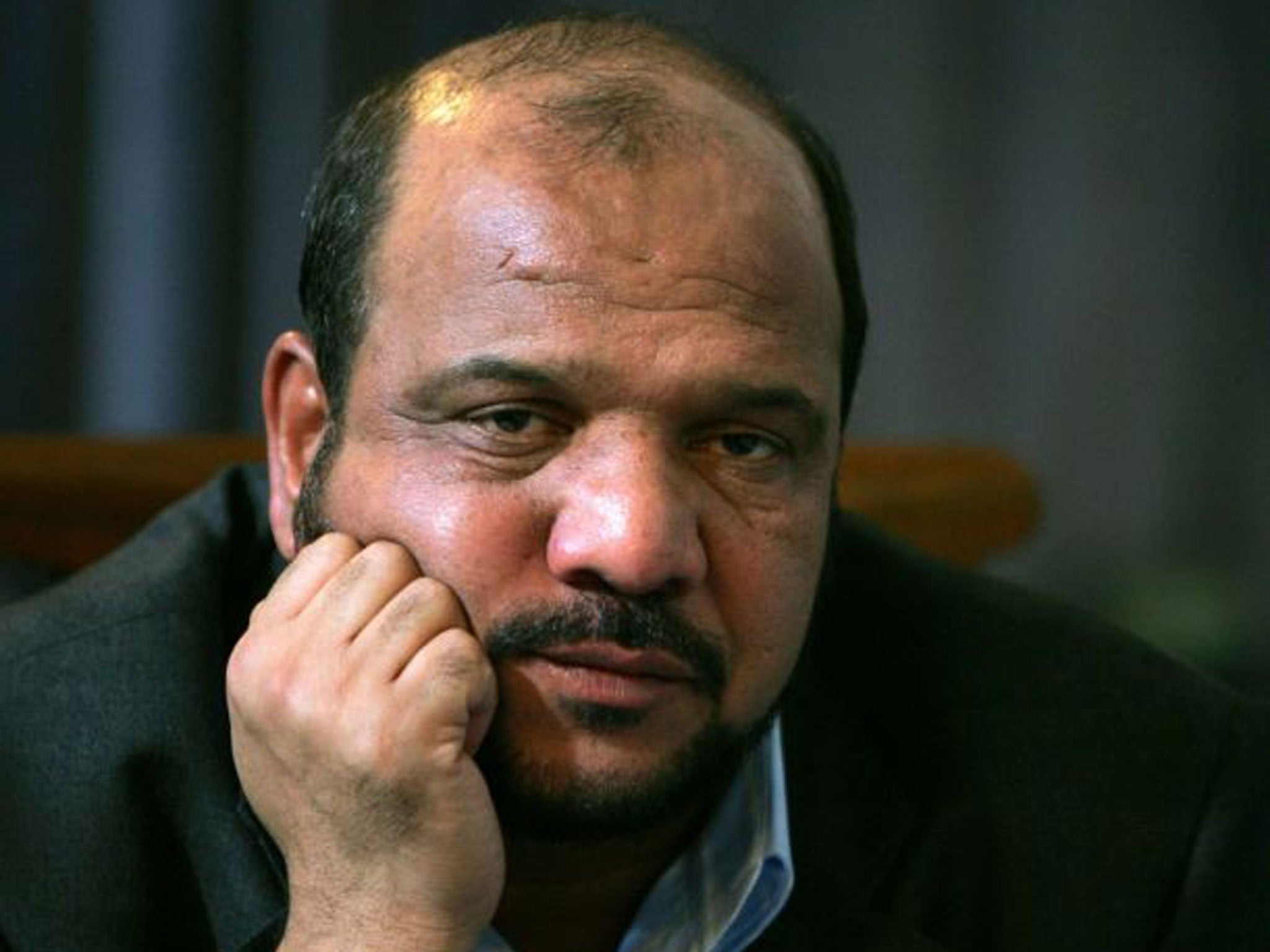Afghan vice president Mohammad Qasim Fahim dies, aged 57
The former war lord's death comes just weeks ahead of Afghanistan's planned presidential election

Your support helps us to tell the story
From reproductive rights to climate change to Big Tech, The Independent is on the ground when the story is developing. Whether it's investigating the financials of Elon Musk's pro-Trump PAC or producing our latest documentary, 'The A Word', which shines a light on the American women fighting for reproductive rights, we know how important it is to parse out the facts from the messaging.
At such a critical moment in US history, we need reporters on the ground. Your donation allows us to keep sending journalists to speak to both sides of the story.
The Independent is trusted by Americans across the entire political spectrum. And unlike many other quality news outlets, we choose not to lock Americans out of our reporting and analysis with paywalls. We believe quality journalism should be available to everyone, paid for by those who can afford it.
Your support makes all the difference.Afghanistan’s vice president, Marshal Mohammad Qasim Fahim, has died of natural causes aged 57.
The powerful leader, who was once one of Afghanistan's most feared warlords, died on Sunday, only weeks before the country is due to elect a new president.
Fahim had been a top commander in the Northern Alliance, a group of anti-Taliban militia leaders, after the 1992-96 civil war.
"It is with deep sadness that we learn of the passing away of Marshal Mohammad Qasim Fahim, the First Vice-president of the Islamic Republic of Afghanistan. May his soul rest in peace," President Hamid Karzai's office said, declaring three days of national mourning.
The United Nations mission in Afghanistan called Fahim “a good and trusted partner of the UN”.
Back in 2009, UN officials and diplomats had criticised Fahim’s appointment after he was accused of serious human rights abuses.
It was unclear if Fahim was due to play any role in next month’s planned presidential election.
Pictures on local media showed government dignitaries paying their respects to Fahim, whose body was wrapped in an embroidered gold robe.
He fought alongside US troops to defeat the Taliban and was a staunch backer of Karzai, whom he promoted as Afghanistan's interim leader and later served as both defence minister and vice president.
Fahim spoke little to the media, said Kate Clark of the Kabul-based think tank Afghanistan Analysts Network, but wielded great influence in closed door meetings.
"Karzai, Fahim and the Americans have been the three key powers in Afghanistan since 2001," she said.
"He was one of the key people to win over because he carries a lot of influence within ... one of the big political- military parties."
Human Rights Watch said in a 2005 report that Fahim was "one of the most notorious warlords in the country, with the blood of many Afghans on his hands from the civil war".
The presidential election is due to take place on 5 April. If it proceeds normally, it will mark the first time in Afghanistan's history that power has been handed from one democratically elected government to another.
Additional reporting by Reuters
Join our commenting forum
Join thought-provoking conversations, follow other Independent readers and see their replies
Comments